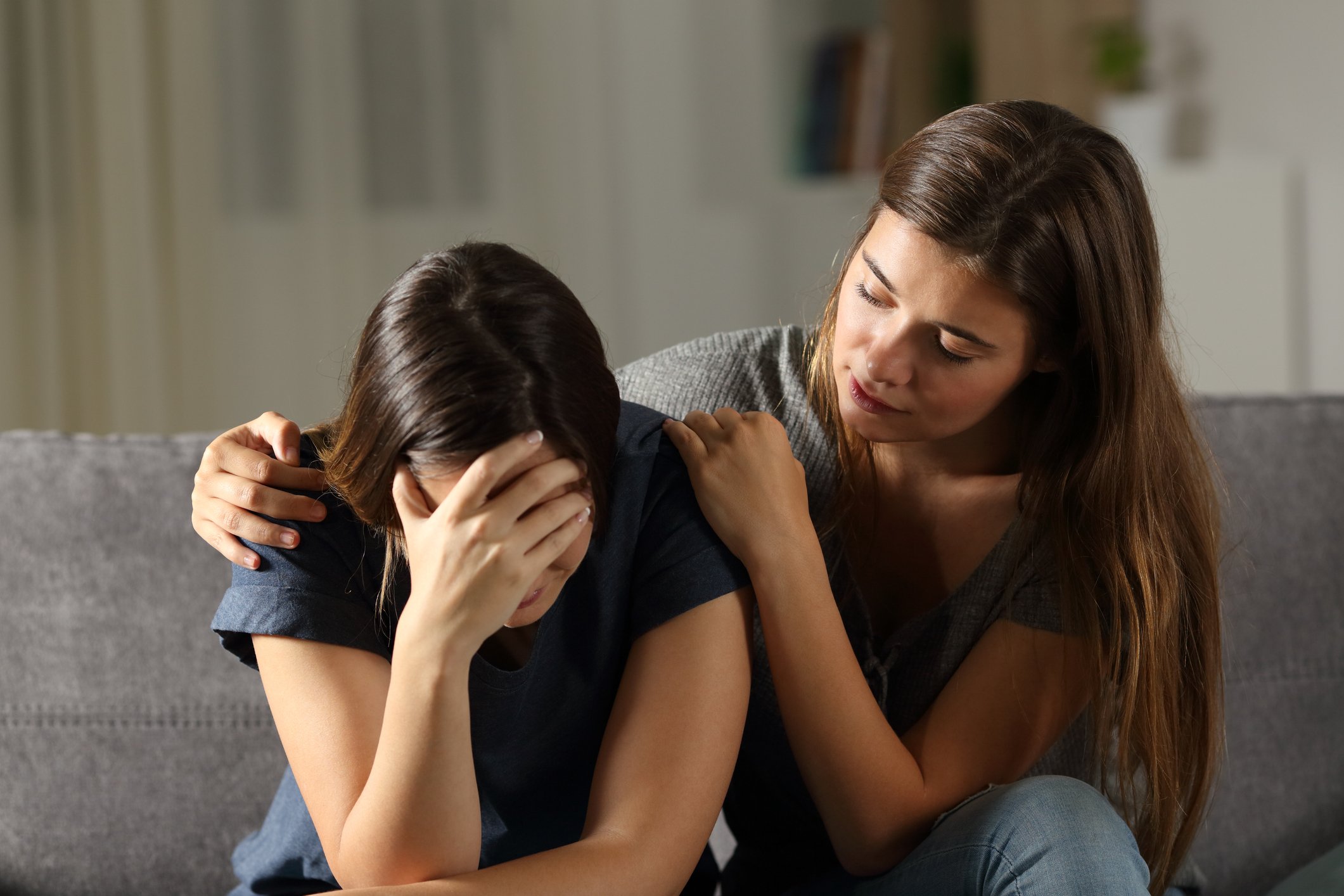Eating Disorders and Their Impact on Your Social World
Introduction
When most people hear the words eating disorder, they think about food, weight, or health. But eating disorders go way beyond what’s on your plate. They can affect how you see yourself, how you connect with others, and how you experience the world around you—especially your social world. Friendships, parties, dating, group chats, even casual hangouts can all start to feel overwhelming or even impossible.
In this post, we’ll explore how eating disorders can impact your relationships, the emotional side of social withdrawal, and how you can start to rebuild those connections—whether you're in recovery yourself or supporting someone who is.
How Eating Disorders Affect Social Interactions
Eating disorders often bring secrecy, shame, and anxiety into everyday life. This can make social situations—especially ones that involve food—feel like a minefield. Here’s how they can affect your social world:
Avoiding meals out or parties: You might make excuses to skip birthday dinners or pizza nights, even when you really want to go.
Pulling away from friends: Keeping an eating disorder secret often means isolating yourself so no one notices.
Fear of judgment: Worrying that people will comment on how much you eat (or don’t) can be paralyzing.
Constant distraction: It’s hard to be fully present when your mind is constantly looping around food, calories, or how you look.
All of this can lead to feeling disconnected—even around people you care about.
The Emotional Side: Guilt, Shame & Anxiety
One of the hardest parts of living with an eating disorder is the emotional rollercoaster. You might feel:
Guilt for cancelling plans
Shame for how you're coping
Anxiety around food-based events
Embarrassment over losing touch with people
Over time, this can damage your confidence and make it feel safer to just stay alone. But isolation only strengthens the eating disorder’s voice, making it harder to reach out—even to those who would totally understand if they knew.
“Eating disorders thrive in secrecy. The more isolated a teen becomes, the harder it is to reach out — and the more powerful the disorder can feel.”
Friendships and Dating: What Changes?
Friendships
Friends may feel confused or pushed away.
Trust can take a hit if you’re constantly hiding or lying about your habits.
Some friends might unintentionally say hurtful things like “you look great!” without realising the damage.
Romantic Relationships
Dating can be tough if you're struggling with body image or avoiding meals.
Intimacy can feel uncomfortable when you’re not feeling at home in your own body.
You might reject compliments, compare yourself to others, or fear rejection based on appearance.
Eating disorders don’t just affect you—they affect how close you can let people get.
Social Media’s Role
Let’s be real: apps like Instagram, TikTok, and Snapchat play a massive part in how we view ourselves and others. When you’re constantly seeing “body goals,” fitness influencers, or food restriction trends, it can mess with your mindset.
You might:
Start comparing your body to everyone else’s highlight reel.
Fall into harmful “fitspo” or “what I eat in a day” rabbit holes.
Feel pressure to present a perfect version of yourself online, even when things are falling apart offline.
It’s not your fault—but being aware of the impact is the first step toward protecting your mental health.
Breaking the Cycle: Rebuilding Your Social Life
Recovery isn’t just about eating again—it’s about living again. That includes reconnecting with the people you care about.
Here’s how to take small steps back into your social world:
Be honest (if you can). You don’t have to explain everything, but letting a trusted friend know you’re struggling can be a game-changer.
Start small. Say yes to short meet-ups that don’t involve food, like a walk or study session.
Set boundaries. If certain conversations or comments trigger you, it’s okay to speak up or step back.
Celebrate progress. Social wins—no matter how small—are real victories.
Find your people. Recovery communities or support groups (even online) can help you feel seen and understood.
Final Thought
Eating disorders don’t just live in your mind or your body—they live in your relationships, your weekends, your group chats, your dating life. They make you shrink your world to feel “in control,” but in reality, they cut you off from the things that bring meaning and joy.
But here’s the truth: you deserve to feel connected. You deserve friendships that don’t revolve around food or fear. And with time, honesty, and support, those connections can be rebuilt.
FAQ’s
-
Yes. Many people with eating disorders develop social anxiety, especially in situations involving food, mirrors, or attention from others. The fear of judgment can become overwhelming.
-
Use kindness, not confrontation. Say something like, “I’ve noticed you seem a bit down lately and I care about you—want to talk?” Avoid comments about weight or food, and just listen.
-
Sadly, yes. Some people might not understand your boundaries or changes. But recovery can also open the door to deeper, more supportive friendships in the long run.
-
That’s common. Try sharing articles, videos, or speaking to a school counsellor or GP who can help explain things. It can take time, but support can grow.
-







